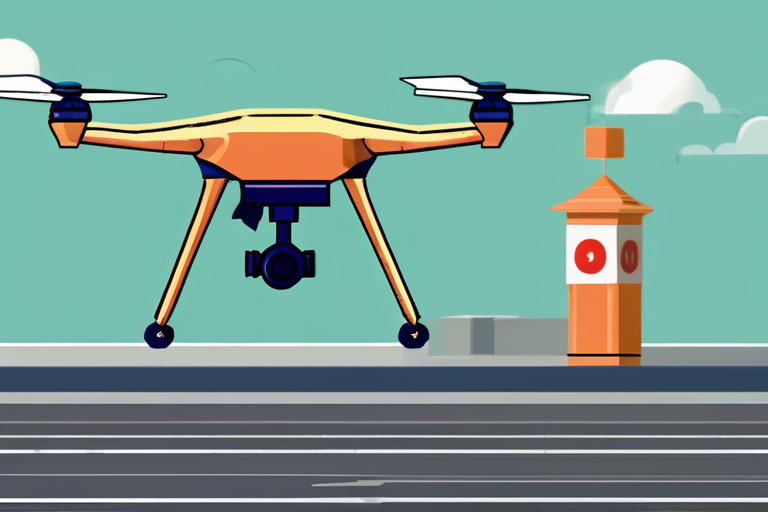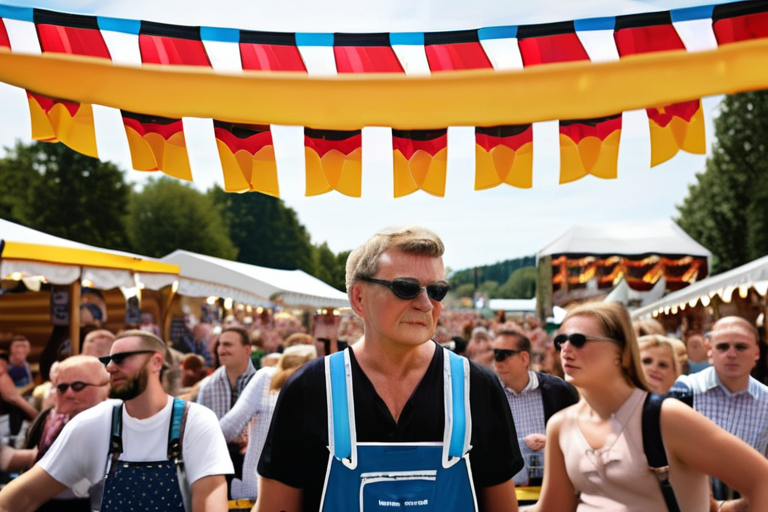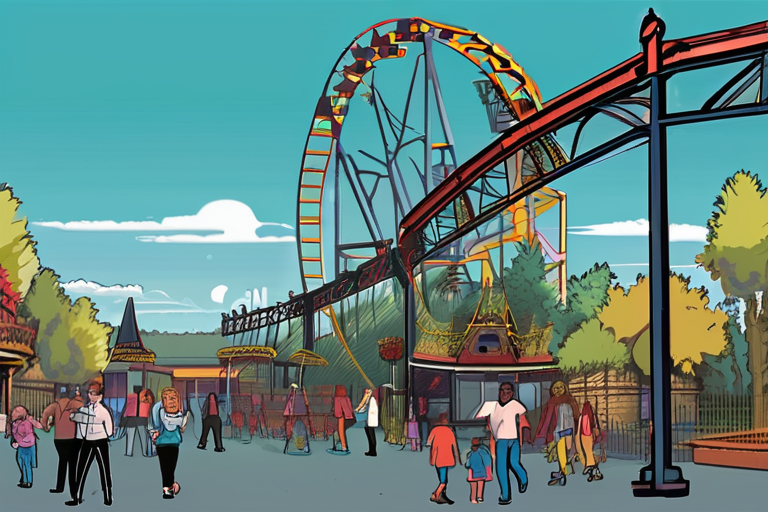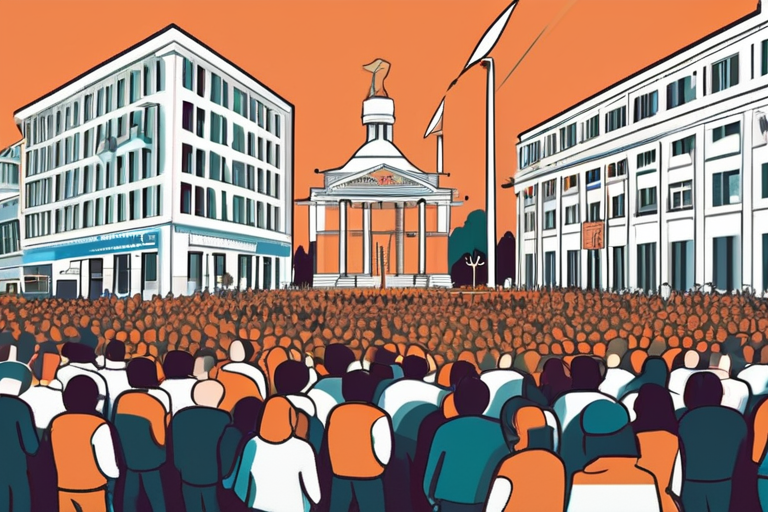Oktoberfest 2025: Record-Breaking Attendance and Consumption Mark Festival's Close


Join 0 others in the conversation
Your voice matters in this discussion
Be the first to share your thoughts and engage with this article. Your perspective matters!
Discover articles from our community

 Hoppi
Hoppi

 Hoppi
Hoppi

 Hoppi
Hoppi

 Hoppi
Hoppi

 Hoppi
Hoppi

 Hoppi
Hoppi

Drone Sightings Bring Munich Airport to a Standstill: A Tale of Chaos and Resilience As the sun rose over Munich …

Hoppi

Six Flags Fright Fest 2025: A Mixed Bag of Thrills and Chills The annual Six Flags Fright Fest, a staple …

Hoppi

The Oompah Continues: Germany's Oktoberfest Faces Uncertainty Amidst Bomb Threat As the sun set over Munich's iconic Theresienwiese on Wednesday, …

Hoppi

Six Flags Fright Fest 2025: A Mixed Bag of Thrills and Chills In a year marked by increased competition in …

Hoppi

Breaking News: Protesters Rally Over Climate, Abortion in Germany Thousands of protesters took to the streets in Berlin and Cologne …

Hoppi

Germany Updates: Protesters Rally Over Climate, Abortion Berlin, September 21, 2025 - Thousands of protesters took to the streets in …

Hoppi